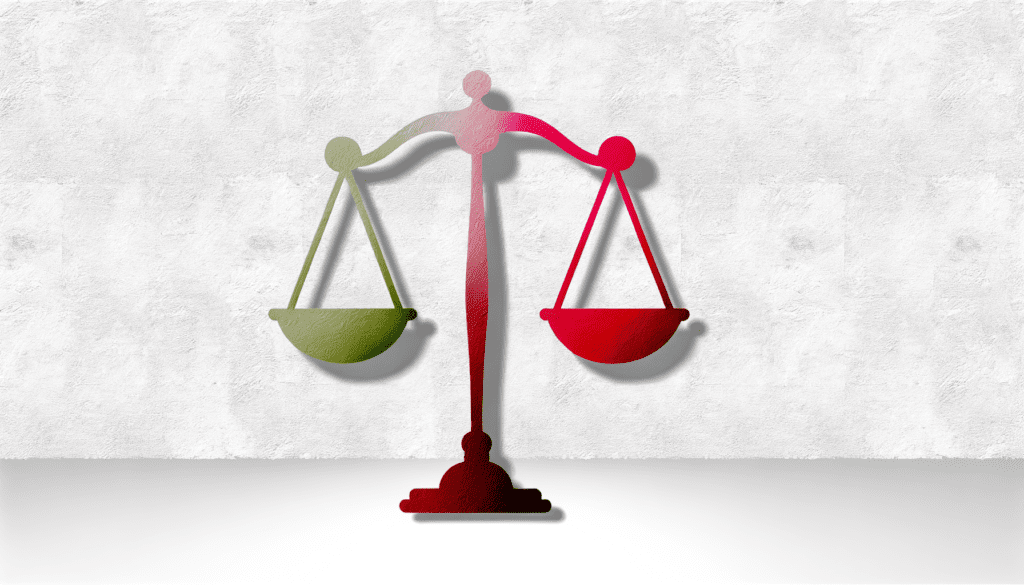The U.S. Treasury Department recently reported a staggering record budget deficit for the first five months of fiscal year 2025, reaching an eye-popping $1.15 trillion. That’s not a few billion dollars off-target; it’s a full 38% hike compared to the same timeframe a year before. February’s deficit alone clocked in at $307 billion, marking President Trump’s rocky return to office with a four percent increase over February 2024.
A Record-Breaking Binge: Revenues Up, But Spending Skyrockets
This troubling trajectory isn’t merely about sinking revenue streams; in fact, government receipts hit an unprecedented high of $296 billion in February alone. Despite this, the administration still managed to outspend income significantly. February’s expenditures surged to an alarming $603 billion—representing a notable 6% year-over-year rise. This spending spree reflects increased disbursements for Social Security, Medicare, and notably, rising interest payments on our ever-mounting national debt of $36.2 trillion.
February’s expenditures surged to an alarming $603 billion—representing a notable 6% year-over-year rise.
When viewed from a broader lens, the Committee for a Responsible Federal Budget provides a stark quantified illustration, reporting the U.S government currently borrows about $8 billion—every single day. It’s time to pause and question: How sustainable is our fiscal trajectory?
Impact on Everyday Americans
Numbers in the trillions can feel remote, abstract, unreal. But these deficits have real-world effects that strike home, often hardest for those who can least afford it. Consider rising interest payments: the federal government accounted for an astounding $396 billion in net interest payments so far this year. That’s money that could support health care, education, social welfare, housing, and myriad infrastructure improvements—directly impacting millions of lives, helping communities flourish, and promoting genuine equity and opportunity across socioeconomic divides.
Moreover, cuts in public programs—frequently the conservative answer to managing deficits—would disproportionately affect marginalized communities already bearing the brunt of systemic inequities. It’s critical to highlight that fiscal responsibility doesn’t have to mean austerity measures that hurt vulnerable populations; rather, we must prioritize investments that enable everyone to thrive.
The Market’s Warning Signs
Markets swiftly recognized the severity of the news. Cryptocurrency trading, often a barometer for investor sentiment in today’s interconnected world, soared notably after February’s deficit disclosure. Bitcoin saw a remarkable 42% surge in trading volume, while Ethereum wasn’t far behind with a 35% increase. This flurry of activity underscores how closely tied our economic health now is to broader global confidence. Investors’ rapid pivot toward cryptocurrencies such as Tether, perceived as more stable, points to growing anxieties about the long-term robustness of our traditional economic foundations.
“The U.S government currently borrows about $8 billion—every single day. How sustainable is our fiscal trajectory?”
Fiscal Policy and Presidential Promises: SpaceX Meets Uncle Sam
President Trump’s dramatic return to office has kicked off with big promises. Notably, he launched a new “Department of Government Efficiency,” recruiting Elon Musk in a widely-publicized partnership aiming to emulate private-sector innovation in public budgeting. However, the immediate fiscal impacts appear minimal, raising questions about whether such moves represent meaningful reform or merely symbolic gestures.
From a holistic perspective, the persistence of deficits can also be traced back to conservative policy choices—prolonged and expansive tax cuts which disproportionately benefit wealthy individuals and corporations, widening income inequality and shrinking the government’s capacity to fund social programs.
A Crossroads for Progressives: Redefining Fiscal Responsibility
For years, the rhetoric around fiscal responsibility has largely been co-opted by conservative voices advocating austerity and tax cuts. Yet these same policies have continually contributed to worsening deficits, illustrating their inherent flaws. This pivotal moment demands a transformative progressive fiscal approach. Investing robustly in education, health care, infrastructure, renewable energy, and economic equity isn’t just morally and ethically sound—it’s economically sensible for sustainable long-term growth.
Progressives must reclaim the mantle of responsible governance—not through stringent cutbacks to essential services but through mindful, strategic investment. Budgets reflect our values, and if we invest wisely in people and communities, we create opportunities for economic security and inclusive prosperity that benefits everyone and stabilizes national finances.
The Road Ahead: Finding Balance, Seeking Justice
Clearly, this record-breaking deficit isn’t sustainable. And yet, it offers a unique opening—a critical reflection on how we got here and where we must go next. To advocate otherwise isn’t alarmist but responsible: sustainability and social progress demand action, not complacency. As informed citizens, we must challenge those entrenched conservative fiscal narratives and embrace a progressive path forward.
In the end, budgets have real consequences. Deficits matter—not just for markets, but for the moral fabric of a society committed to fairness, equity, and opportunity. It’s time to move beyond outdated conservative frameworks of taxation and spending towards bold, progressive economic policy—policy that invests equitably in the collective wellbeing and shared prosperity of every American.
It’s not only possible; it’s necessary.

